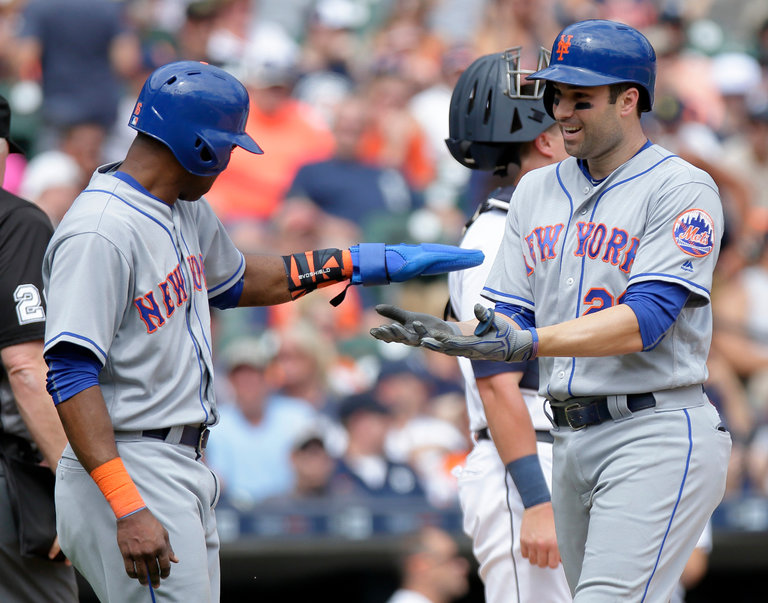Why Neil Walker Should Not Have Accepted that Qualifying Offer

Neil Walker accepted the New York Mets’ qualifying offer yesterday, which means he will earn $17.2 Million for his 2017 campaign and then be in the exact same position next year. Walker, now 31 years old, is the victim of the qualifying offer system that is intended to keep player salaries down by attaching penalties to the teams that sign free agents. He’s not the type of talent for which the system was designed. He’s merely a guy who is now stuck on a one-year deal, unable to really do much about it. But he still should have tested free agency.
In order to more accurately assess whether he should have accepted or not, we need to understand what he would have made. He is an interesting case study because he’s not a star level player, but he’s certainly a quality major leaguer. He’s been worth between 2 and 4 WAR for each of the last 6 years. He’s a power-first second baseman, who seems to have taken his hitting up just a notch as he matched his career high in homers, and set a new career high in OPS this past year.
I could have written pretty much the same thing about Daniel Murphy at this time last year. Murphy rejected the Mets’ qualifying offer and then signed with the Nationals on a 3 year, $37.5 Million deal. Murphy then tore the league apart in 2016 by cooly hitting .347 and led the league in doubles, slugging percentage, and OPS. Prior to this MVP-type season, he’s the comp for what Walker could expect.
It is pretty obvious that Walker is the better player than 2015 offseason Murphy. Murphy averaged just 1.6 WAR over the 4 years leading up to his free agency, while Walker averaged 3.0. That’s obviously not the only consideration, but a savvy agent could have leveraged Murphy’s torrid 2016 as a potential selling factor for Walker’s next contract.
Walker was tied to draft pick compensation that dampens their street value, sure. But so was Daniel Murphy and he was likely a worse player before 2016. He still wound up with $37.5 Million guaranteed, while Walker got just $17.2.
There’s more to consider here than just the loose Murphy parallel. We ran our MLB Free Agent Predictor and got some pretty significant crowdsourced data- you can see where our readers think the top 15 fgree agents will end up here and find numbers 16-30 here. Of our 109 responses, the average guess for Walker’s next salary was $36.8 Million over 3 years. Again, that’s basically Daniel Murphy money. (We also wrote about where fellow Met Yoenis Cespedes is likely to end up.)
The fun part with these qualifying offers is that the player gets an opportunity to build their resume for an extra year. Players who were in Walker’s same position last year landed in all sorts of places this year. Colby Rasmus had a bad year and likely earned himself less overall by accepting the one-year deal than cashing in last offseason. Same goes for Matt Weiters. Neither player appears to be on the career trajectory to earn what would have been coming their way last winter. Walker is hoping his career trajectory does not begin to decline.
Two other guys, Ian Desmond and Dexter Fowler, were also burned by the one-year deals, but for different reasons. They both rejected the QO, found themselves without a sufficient market, played well in 2016 and are free agents again. They also played 2016 at a salary below what they would have received otherwise. Walker is hoping he’s going to be like these guys, but with more funds in the bank account.
Further adding to the “fun” is that the QO system is likely to disappear next year, so Neil will be free to chat it up with whomever he pleases. There’s no perfect formula with these decisions; each player and circumstance is unique. Neil Walker just placed a bet on himself that he’ll be just as valuable a talent next year and will cash in just as he might have this offseason, but with one year at a premium rate already in the bag.
It’s a big bet, and it might even be the safe one. It’s hard to go against a guaranteed $17.2 Million, but Walker likely would have made more overall if he had chosen free agency.
-Sean Morash












